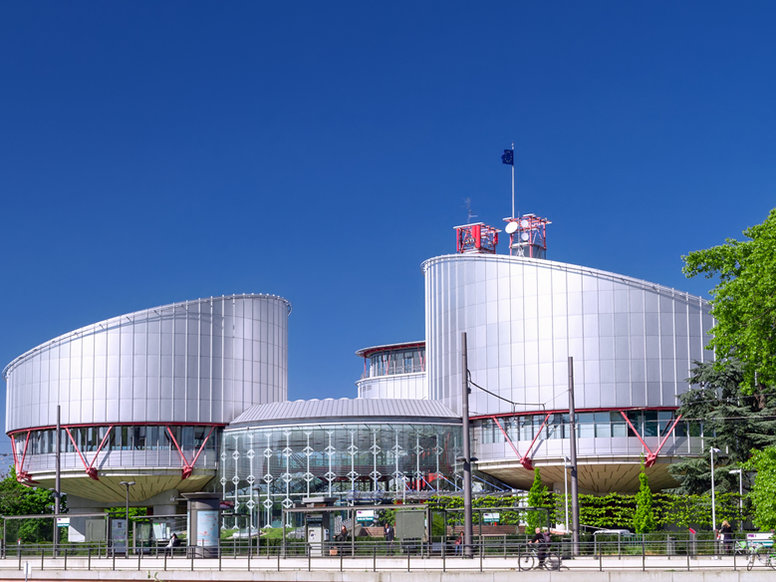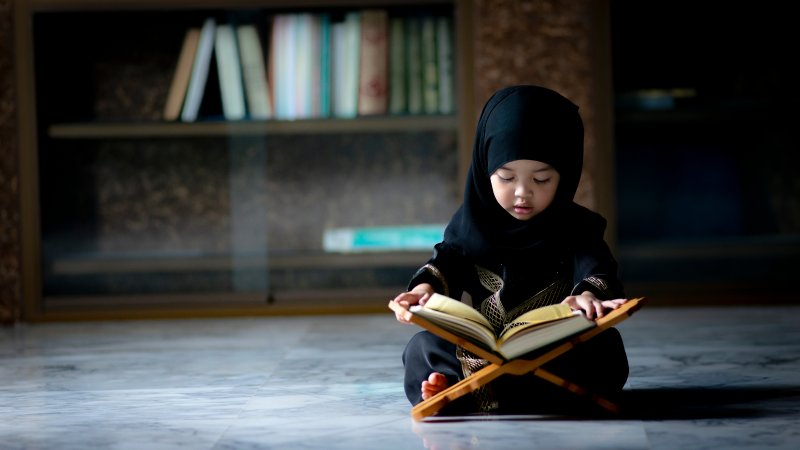
-
HOME
-
WHAT IS STANDOur Mission Our Values Our Help Contact
-
WHAT WE FIGHT FORReligious Freedom Religious Literacy Equality & Human Rights Inclusion & Respect Free Speech Responsible Journalism Corporate Accountability
-
RESOURCESExpert Studies Landmark Decisions White Papers FAQs David Miscavige Religious Freedom Resource Center Freedom of Religion & Human Rights Topic Index Priest-Penitent Privilege Islamophobia
-
HATE MONITORBiased Media Propagandists Hatemongers False Experts Hate Monitor Blog
-
NEWSROOMNews Media Watch Videos Blog
-
TAKE ACTIONCombat Hate & Discrimination Champion Freedom of Religion Demand Accountability
In Victory for Religious Freedom, European Court of Human Rights Sanctions Russian State, Awards Damages to Russian Scientologist
On September 28, 2021, the European Court of Human Rights (ECHR) ruled that Vladimir Leonidovich Kuropyatnik, a Moscow Scientologist, was illegally detained by a Russian police officer who questioned him for over one hour on the basis of his membership in the Scientology religion—an act which violated his human rights.

The ECHR concluded that the detention, which took place on October 13, 2010, constituted a deprivation of liberty and a violation of Articles 8 and 9 of the Convention for the Protection of Human Rights and Fundamental Freedoms, which guarantee the right to respect for private and family life and freedom of thought, conscience and religion.
“Everyone has the right to freedom of thought, conscience and religion.”
The ECHR noted that the Church of Scientology had been registered as a religious organization in Russia for over two decades and that Russian authorities had consistently acknowledged the religious nature of Scientology over the years, making the Russian police’s targeting of Mr. Kuropyatnik for being a Scientologist a blatant abuse of religious freedom by the Russian state. The Court consequently awarded damages of €8,000 to Mr. Kuropyatnik.
Article 9 of the ECHR Convention for the Protection of Human Rights and Fundamental Freedoms reads:
“Everyone has the right to freedom of thought, conscience and religion; this right includes freedom to change his religion or belief and freedom, either alone or in community with others and in public or private, to manifest his religion or belief, in worship, teaching, practice and observance.
“Freedom to manifest one’s religion or beliefs shall be subject only to such limitations as are prescribed by law and are necessary in a democratic society in the interests of public safety, for the protection of public order, health or morals, or for the protection of the rights and freedoms of others.”
In the words of Scientology Founder L. Ron Hubbard, “Human rights must be made a fact, not an idealistic dream.”
STAND applauds the ECHR for upholding its Convention and for its protection of religious freedom and fundamental human rights.






